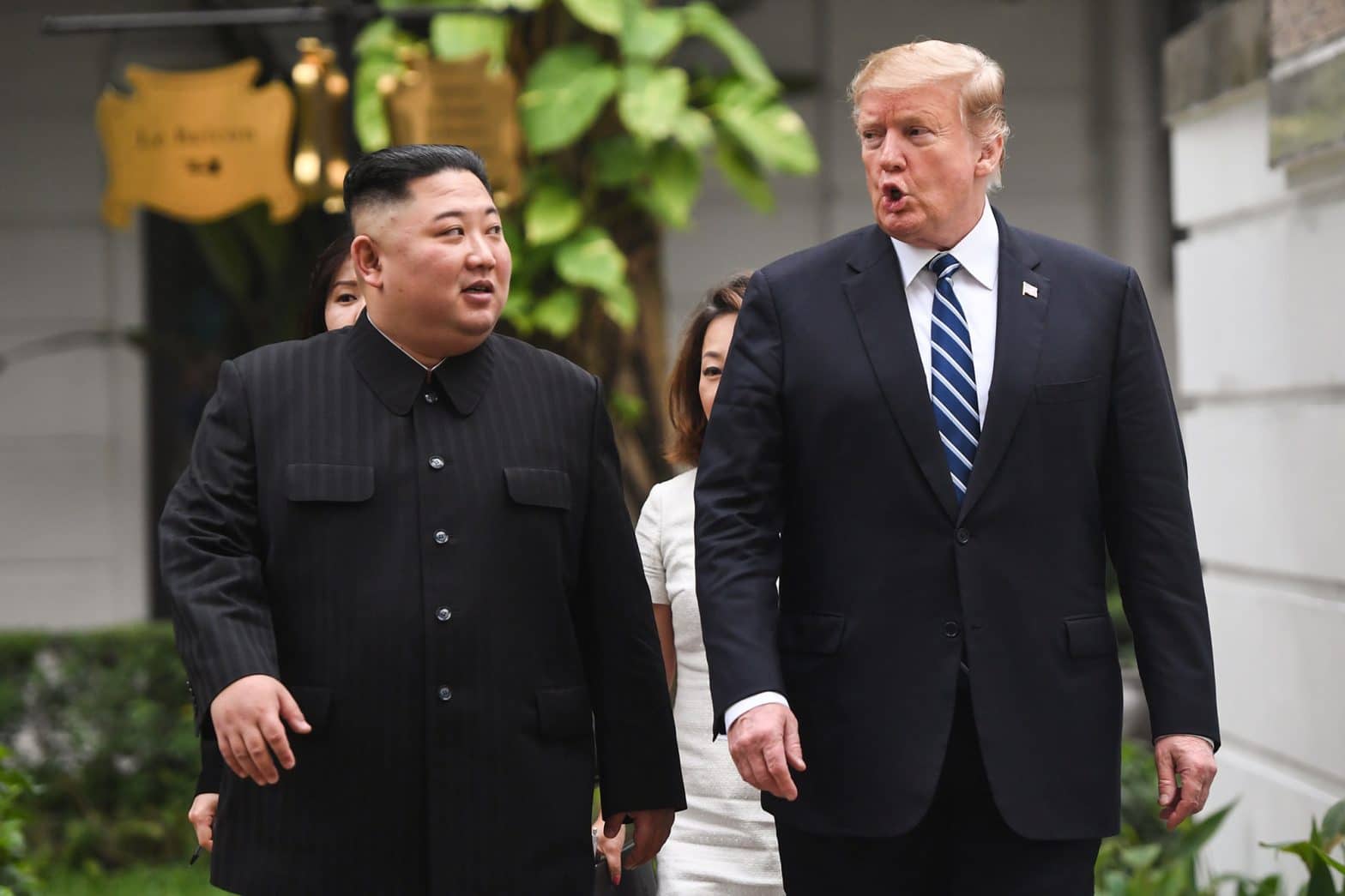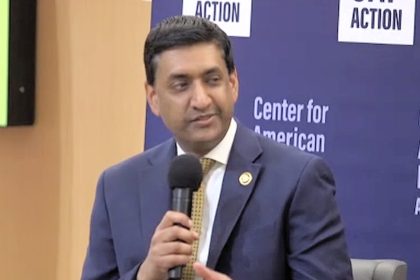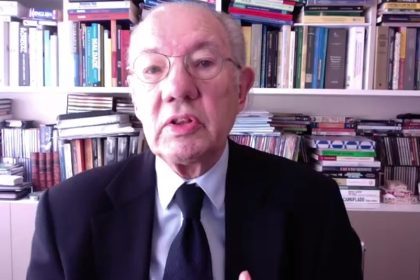Reinvigorating Diplomacy with North Korea May Mean Compromise

WASHINGTON — Former President Donald Trump started a diplomatic dialogue with North Korea, but he framed it as a personal connection with dictator Kim Jong Un. This method showed some early promise for a bilateral relationship but broke down at denuclearization.
The Biden administration has only seen the threat from North Korea continue to grow. The nation conducted nine missile tests since just last year, and warned of retaliation should the U.S. undertake “war games.” Still, while North Korea has signaled that it will respond to goodwill in kind as well as force with a show of strength, Biden appears less amenable to Trump’s version of diplomatic negotiations.
Public policy advocacy organization The Center for American Progress sought out leading experts in statecraft and diplomacy to discuss future relations with North Korea and how the United States, South Korea, and Japan might work together to revitalize diplomacy there.
“Since the outset of the Biden administration, [the U.S. has] made it very clear that we share views and will coordinate closely with Japan and South Korea as we examine North Korea policy,” said Marc Knapper, deputy assistant secretary for Korea and Japan at the State Department’s Bureau of East Asian and Pacific Affairs.
Knapper offered that Secretary Blinken’s visits to Tokyo and Seoul in mid-March — the first overseas stops for any member of the Biden cabinet — were not a coincidence. Rather, these priority discussions were intended to “recommit to our alliances and the shared values that sustain them.”
To deal with a trio of urgent threats, which Knapper defined in categories of military, nonmilitary including economic and informational risks that target infrastructure and intellectual property, and global perils such as pandemics and climate, he offered that the U.S., Japan, and South Korea needed to modernize the alliance relationship, improve military capabilities and readiness, and expand the ability to address transnational challenges.
“Diplomacy is back at the center of American foreign policy… and nowhere is this more urgent than in Asia,” he said. “As Democratic allies, our three countries have a unique opportunity — and responsibility… to take on key security and other challenges, not just in the region, but around the world.”
“There is a great deal of interest in what Biden’s North Korea policy will be,” said Jessica Lee, senior research fellow on East Asia at the Quincy Institute for Responsible Statecraft. “Rather than treating the Trump administration’s [overtures] as an aberration, the Biden administration should take full advantage.”
Lee believes that continuing to enforce Trump’s goals could actually signal that “there’s a clear roadmap in the United States of diplomacy.” She said that America’s assertion to “never negotiate… is dangerous and not aligned with where the American public is. There are no winners, only losers.”
“Asking for everything really left us with nothing in Hanoi,” Lee reminded. “[This is a] highly inflexible maximalist stand that will strengthen North Korea’s resolve and affirm hostile intentions… [it’s] critically important to remember that these assurances have to go both ways.”
Frank Aum, senior expert on North Korea at the United States Institute of Peace, agrees that using pressure to coerce North Korea back to the negotiating table on America’s preferred terms isn’t likely to fare well.
“I can’t find empirical evidence to show this works on North Korea or China,” he said. “Given the reality, we should be looking at everything we can do to maximize our mutual understanding about North Korean interests and concerns.”
Aum recommends a “bold peace offensive” by the U.S. that preserves deterrence and maintains denuclearization as a long term goal, but lifts some sanctions, ends the travel ban to North Korea, and shows a willingness to declare an end to the Korean War. “Too long we have relied on defense and deterrence, but peace building has played a secondary role in Washington’s strategy,” he said. “[We cannot] ignore or discount North Korea’s own concerns about security… and the U.S. is in a better position to take greater risks for peace.”
“There should be — or hopefully will be — more allied diplomacy, which wasn’t there with Trump’s personalized version,” said Yasuyo Sakata, professor of International Relations at the Kanda University of International Studies. “Because not only dialogue, but pressure is important… deterrence and defense is important… nuclear nonproliferation and denuclearization — that word has to be there. It’s not just about nuclear, but also about growth toward normalization.”
But even under a trilateral approach, Aum admits that he’s “pessimistic” about prospects for diplomacy under the Biden administration. “We’re talking about two nuclear weapon countries,” he said, worried about any policies that try to isolate North Korea and “back it, like a scared animal, into a corner.”
“I haven’t been encouraged by recent signals. Both sides seem to be exerting the same type of pressure policies they have used in the past.”























